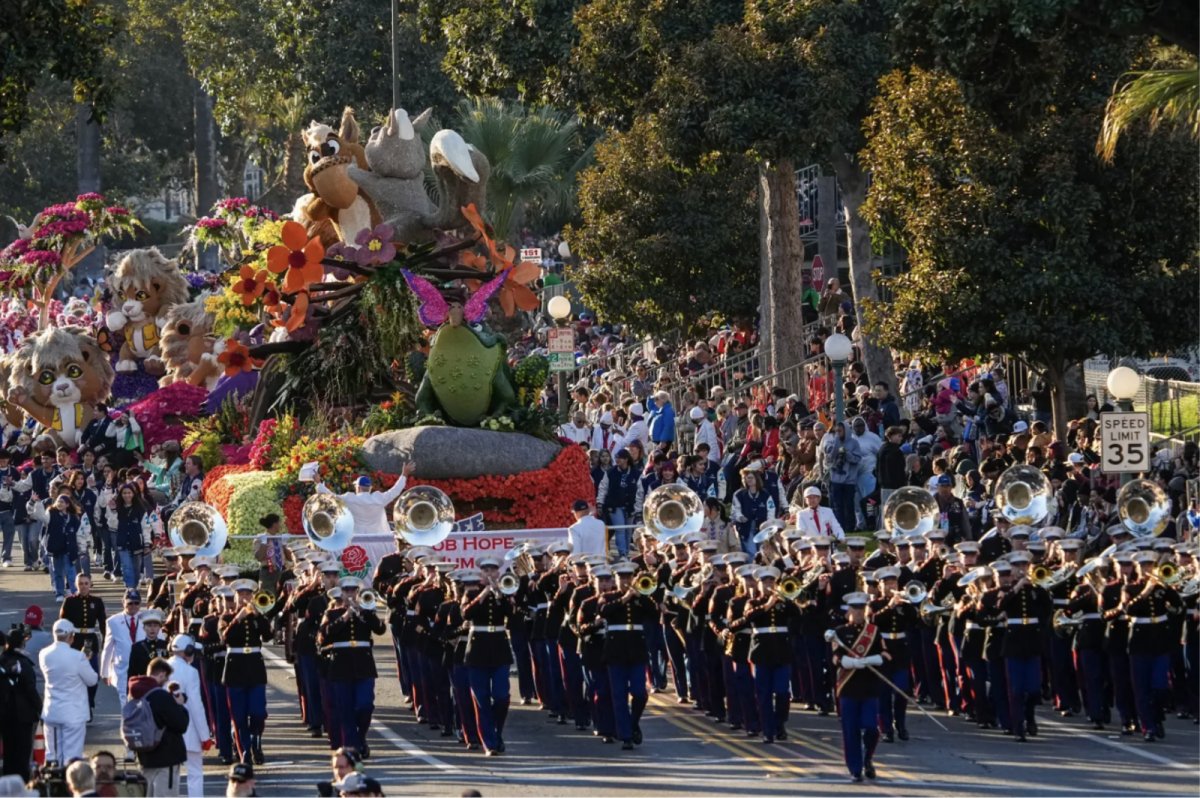
2024 has been dubbed the year of consequential elections—given the democratic proceedings in numerous countries, including the United States, that are likely to shape the global landscape for the coming years. That trend kicked off on January 13, the people of Taiwan, whose government is called the Republic of China, participated in their once-every-four-years ritual that defines their democracy—the presidential election.
Incumbent President Tsai Ing-wen of the Democratic Progressive Party (DPP), elected in 2016, was ineligible to run for a third time due to term limits. As a result, the DPP nominated Vice President Lai Ching-te. The Kuomintang (KMT)—whose most recent successful presidential candidate was in 2012 with the re-election of President Ma Ying-jeou—nominated the Mayor of New Taipei City, Hou Yu-ih. Unlike past elections, a formidable third party, the Taiwan People’s Party (TPP), emerged, whose ticket was headed by its chairman, the former Mayor of Taipei City, Ko Wen-je.
As with every presidential election, much attention was paid to Taiwan’s precarious relationship with Mainland China. The government in Beijing, known as the People’s Republic of China, regards Taiwan as a renegade province whose reunification with the mainland is a political and cultural necessity. Aggressive rhetoric by Beijing toward Taiwan heightened during Tsai’s presidency, particularly due to Tsai’s refusal to accept the 1992 Consensus, a three-decade-old agreement with the P.R.C. and the KMT that stipulated that both sides agreed that there was one China and that Taiwan was a part of China but disagreed on which China that entailed—either the R.O.C. or the P.R.C. As a result, Beijing regards Tsai as a “pro-independence separatist,” because her political party, the DPP, supports a formal Taiwanese declaration of independence by rejecting the island’s identity as the Republic of China. Violations of Taiwan’s Air Defense Identification Zone (ADIZ) reached historic highs, as Beijing’s vows to forcefully reunite Taiwan with the mainland caused alarm around the world.
Lai, a physician before rising the ranks of the DPP, promised to maintain Tsai’s policy toward Beijing, stressing his desire for peace and Taiwanese self-determination. Lai attempted to play down remarks he had made in the past in which he called himself a “pragmatic worker for Taiwan independence” by reiterating that he believed Taiwan was already an independent country named the Republic of China. Hou and the KMT rejected Lai’s claims, arguing that a third DPP term would jeopardize Taiwan’s security. Hou pointed to Taiwan’s loss of nine official diplomatic allies during Tsai’s presidency and argued that Tsai’s inability to engage in dialogue with Beijing heightened the risk of miscalculation and exacerbation of hostilities to the point of invasion. Ko, meanwhile, painted the two major parties as unable to resolve the disputes between Taipei and Beijing, and promised to embark on a new strategy vis-à-vis Beijing involving both dialogue and deterrence.
Another point of contention in the election revolved around Taiwan’s relationship with the United States. While Washington does not officially recognize the Republic of China as an independent nation since it switched its recognition to Beijing in 1979, the American government has maintained high-level relations with Taiwan, operating in Taipei a de facto embassy known as the American Institute in Taiwan, and selling the island billions of dollars of arms shipments to bolster its defenses against an invasion. Lai painted himself as the pro-America candidate who would foster closer ties between Washington and Taipei, pointing to the fact that his running mate for vice president, Hsiao Bi-khim, had been Taiwan’s de facto ambassador to the United States before relinquishing her post to run for office with Lai. In a notable departure from the positions of past KMT candidates, Hou also promised to strengthen Taiwan’s relationship with the United States as a means to improve Taiwan’s capacity for self-defense. Similarly, Ko articulated his belief in close U.S.-Taiwan relations, even embarking on a trip to the United States during his campaign, where he held a fundraiser for Taiwanese communities in Los Angeles.
Domestic challenges also defined the campaign, with each candidate promising to increase the quality of life for a nation whose economy was battered by the coronavirus pandemic and global supply chain and inflationary challenges. Candidates engaged in numerous personal attacks against one another over personal land purchases, rent increases and other issues.
For months, the KMT and TPP had been engaged in high-level talks to form a joint ticket against the DPP, understanding that frustration over Tsai’s presidency could propel a unified opposition to victory but that a splintered three-way ticket would help Lai. Ultimately, these talks failed in November after the two sides were unable to reach an agreement over who should be at the top of the ticket.
As a result of a splintered opposition and a campaign message of continuing Tsai’s policy objectives, Lai and Hsiao won the presidency with just over 40 percent of the vote, compared to Hou’s 33.5 percent and Ko’s 26.5 percent. While the DPP failed to gain a majority of the vote, it was able to consolidate support among its base in Taiwan’s southern cities of Kaohsiung and Tainan as well as remain competitive in Taipei, historically a KMT stronghold.
Lai’s presidency, which will commence in May, is expected to reflect the government of Tsai Ing-wen. Dialogue with Beijing is unlikely to resume, given Lai’s hardline stance against supporting the 1992 Consensus, and analysts predict that Taipei will continue to foster a close relationship with Washington, hoping that the United States will militarily intervene in the event of an invasion by Beijing. The eyes and ears of the world will remain on Taiwan in the next four years, as the international community eagerly watches the fate of a democracy of 23 million people—caught involuntarily in the arms of authoritarian ambition.






